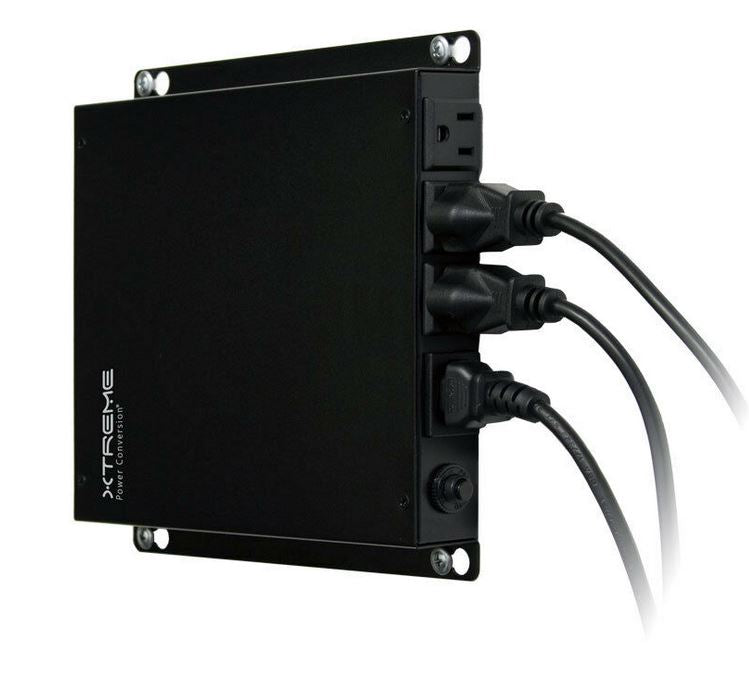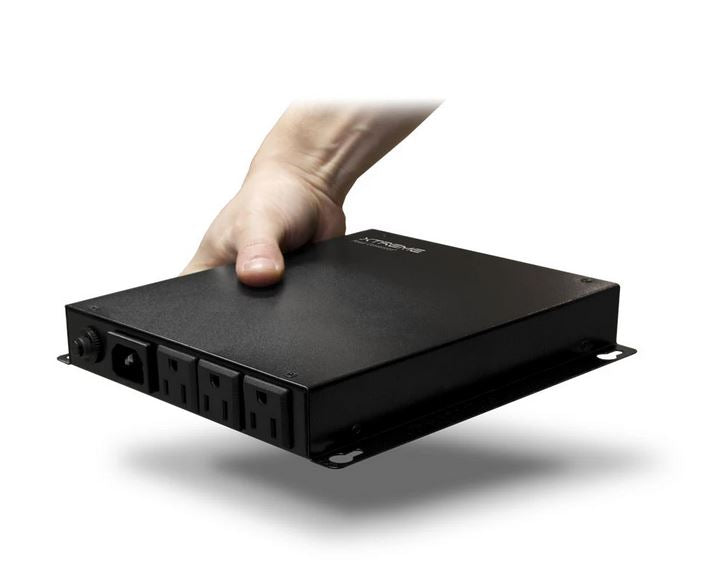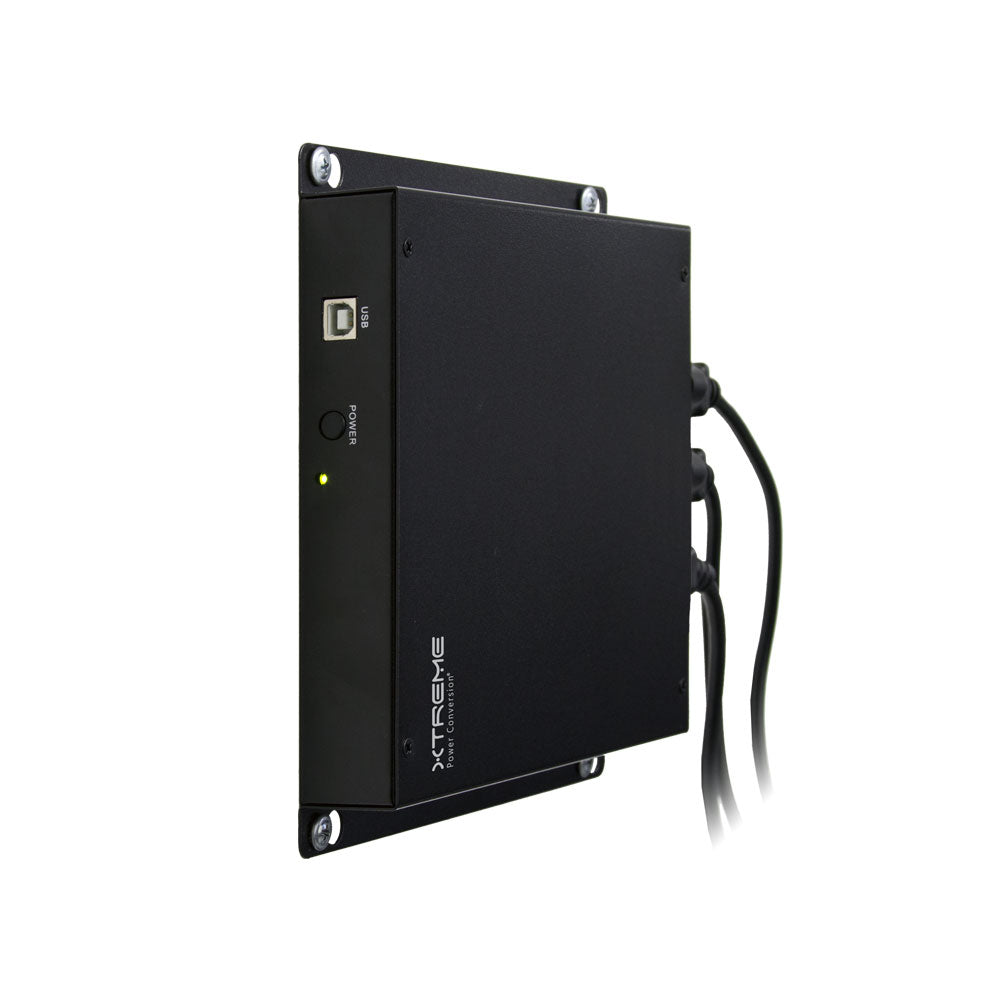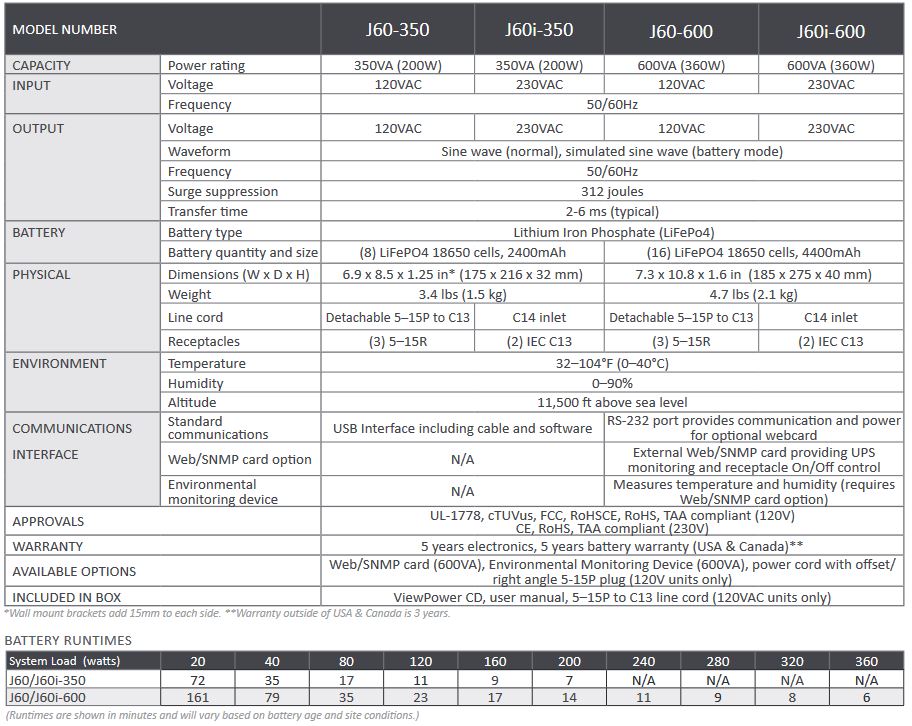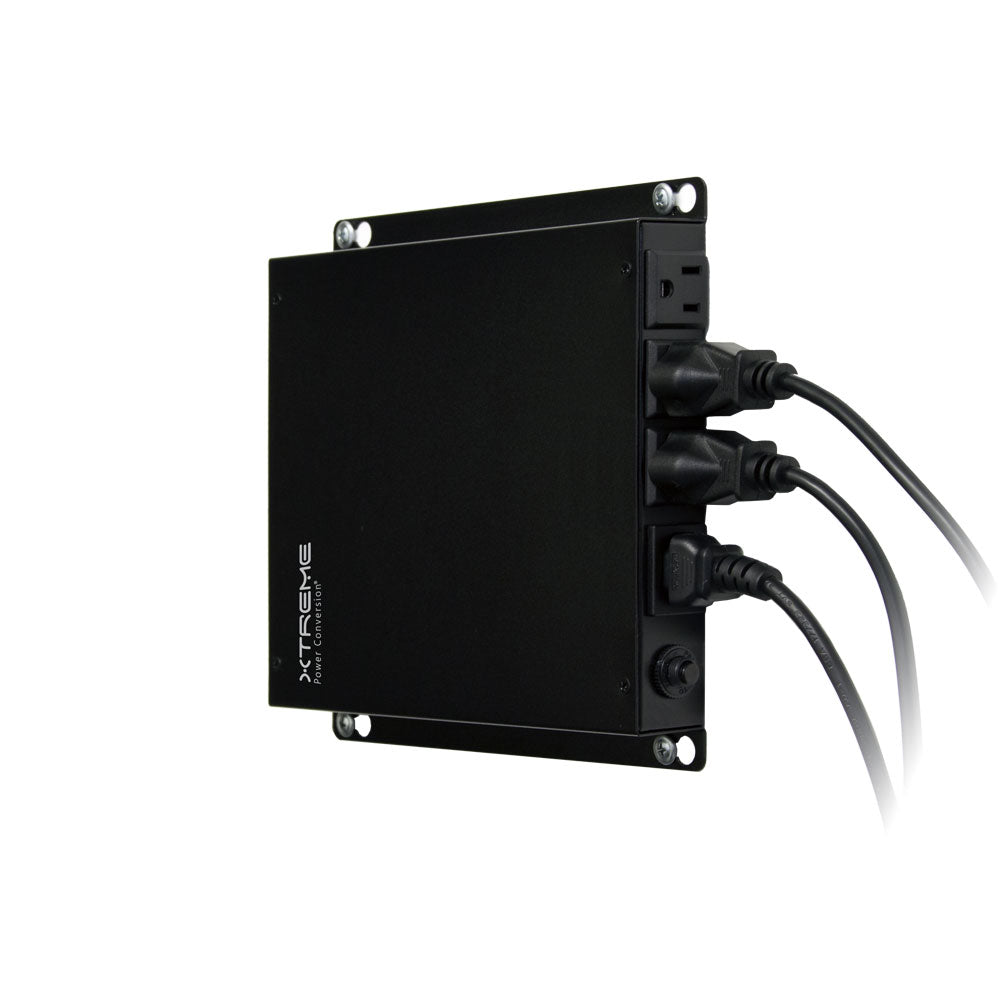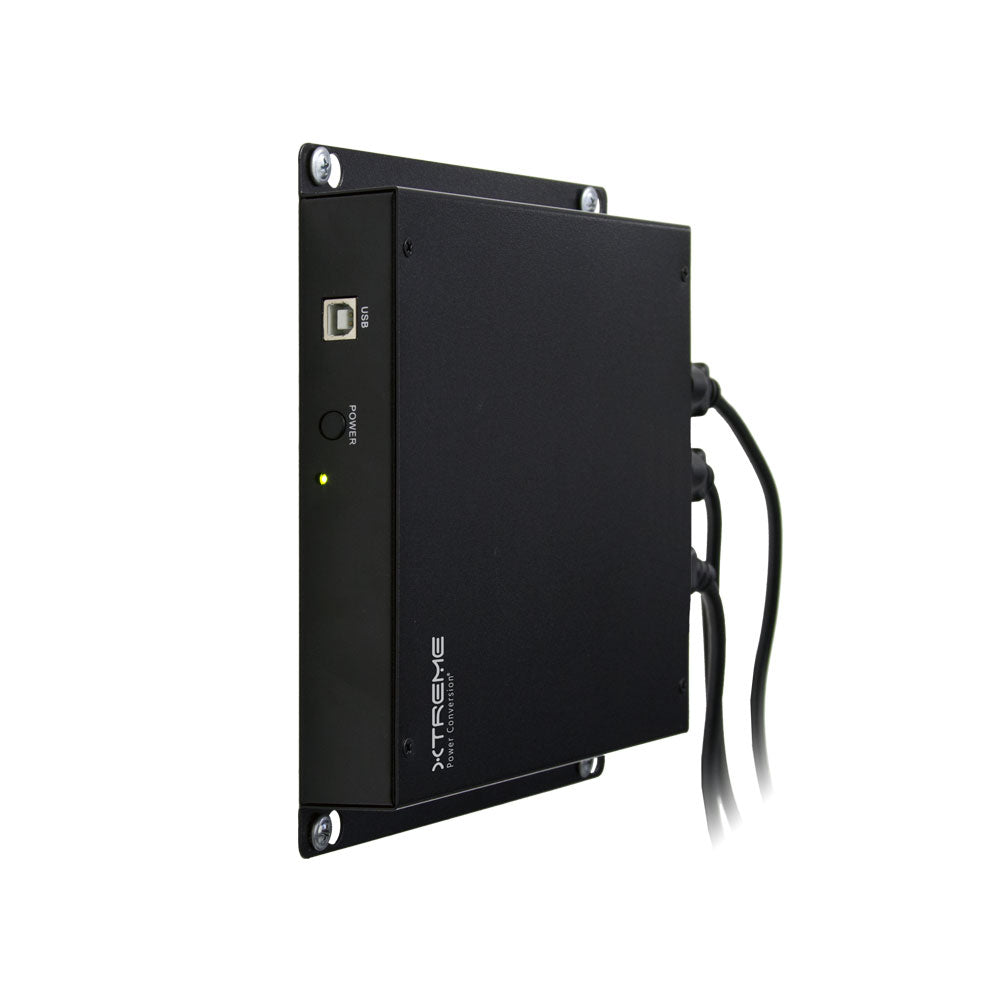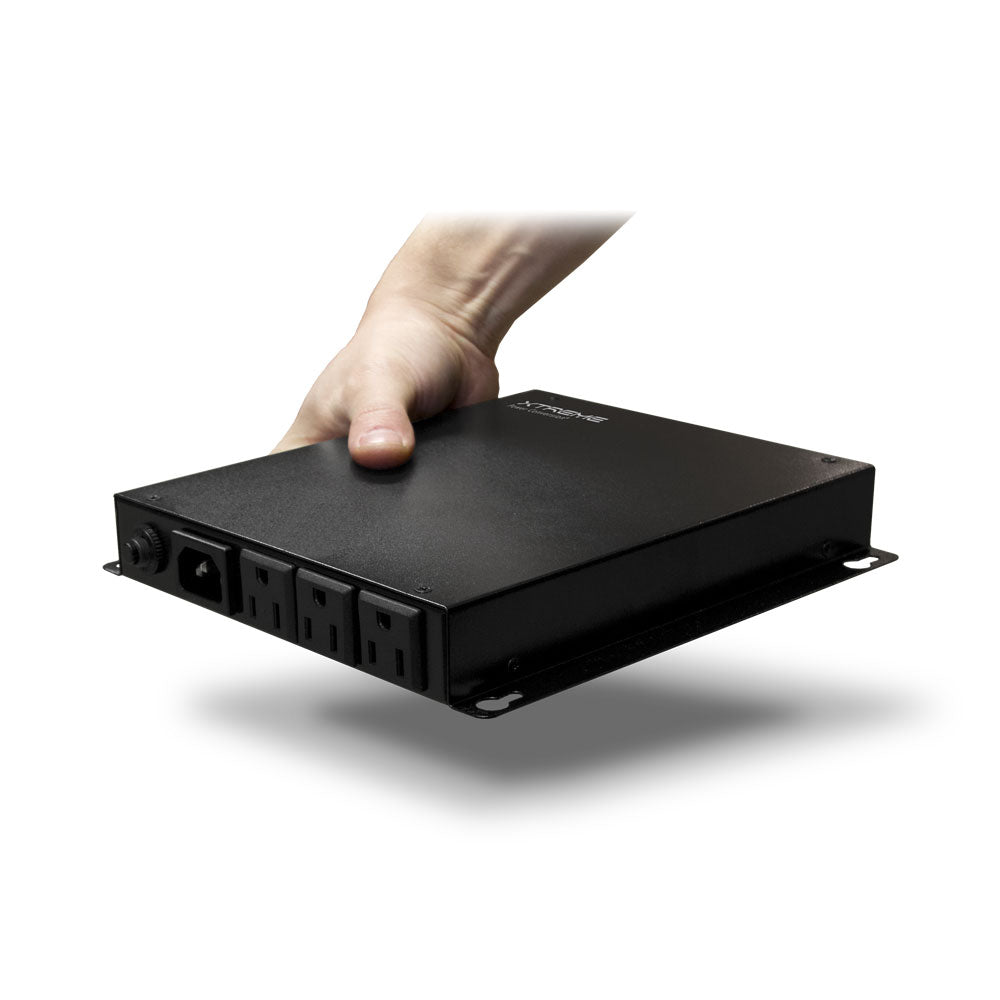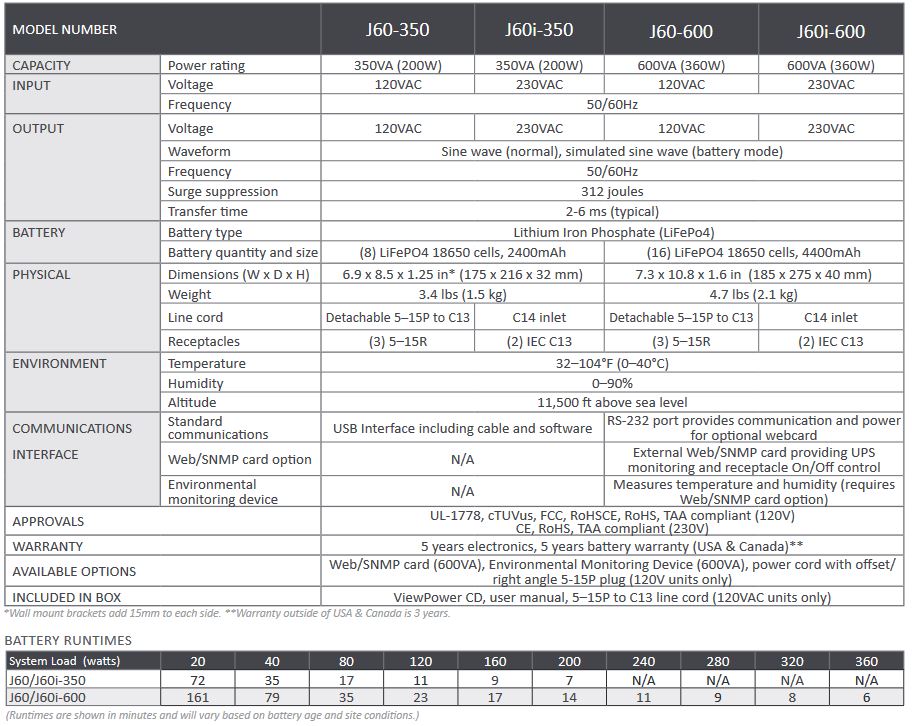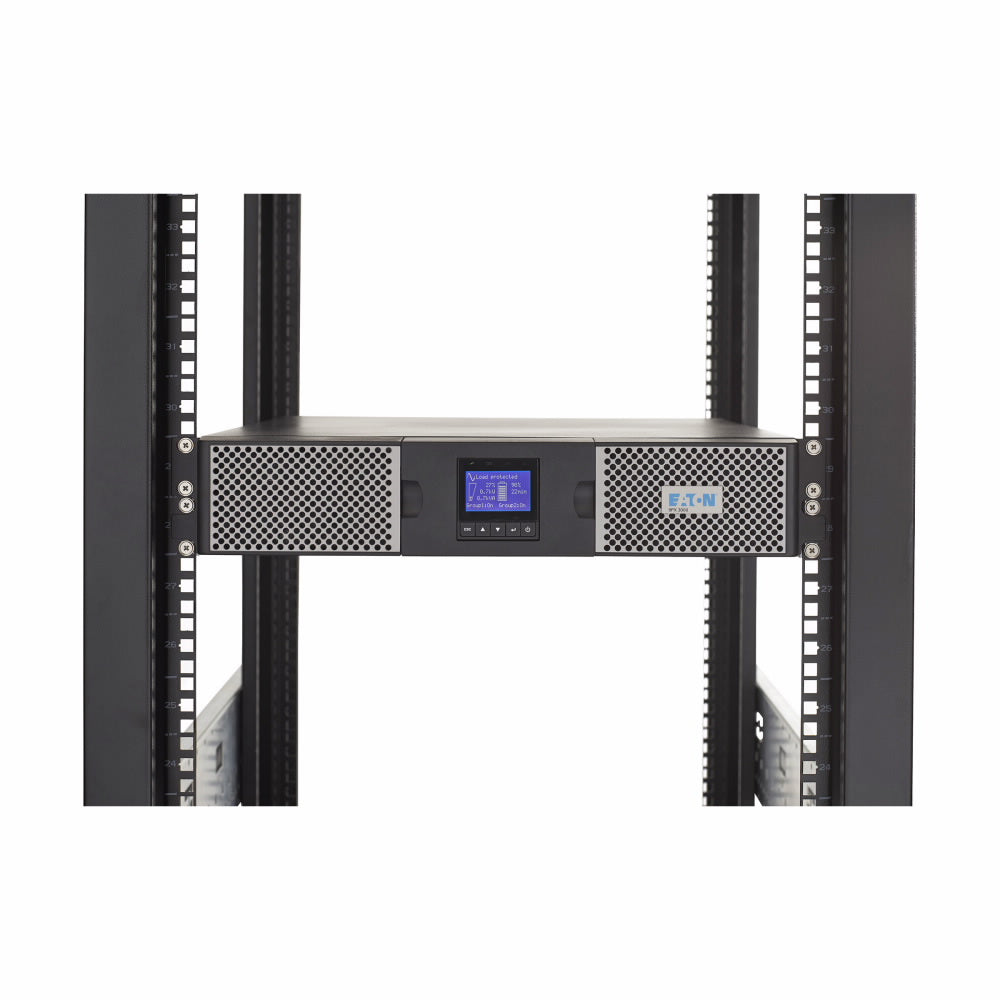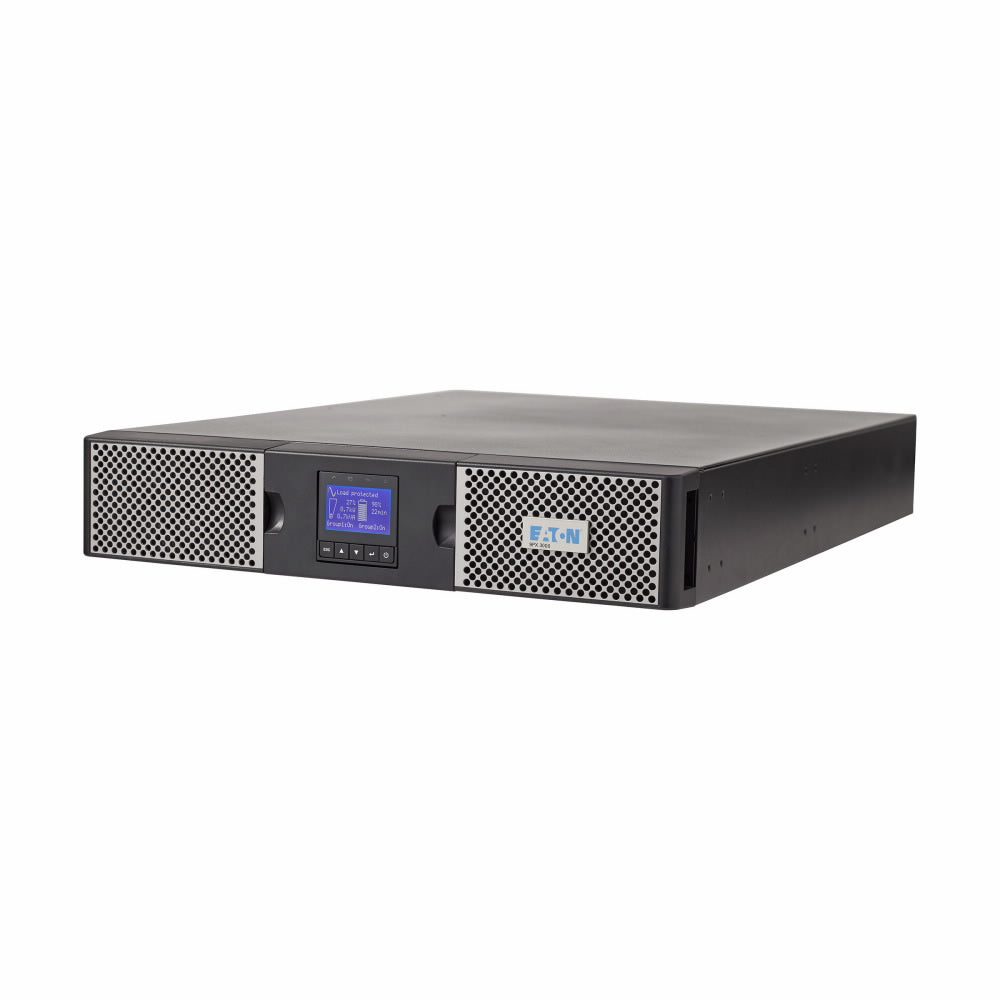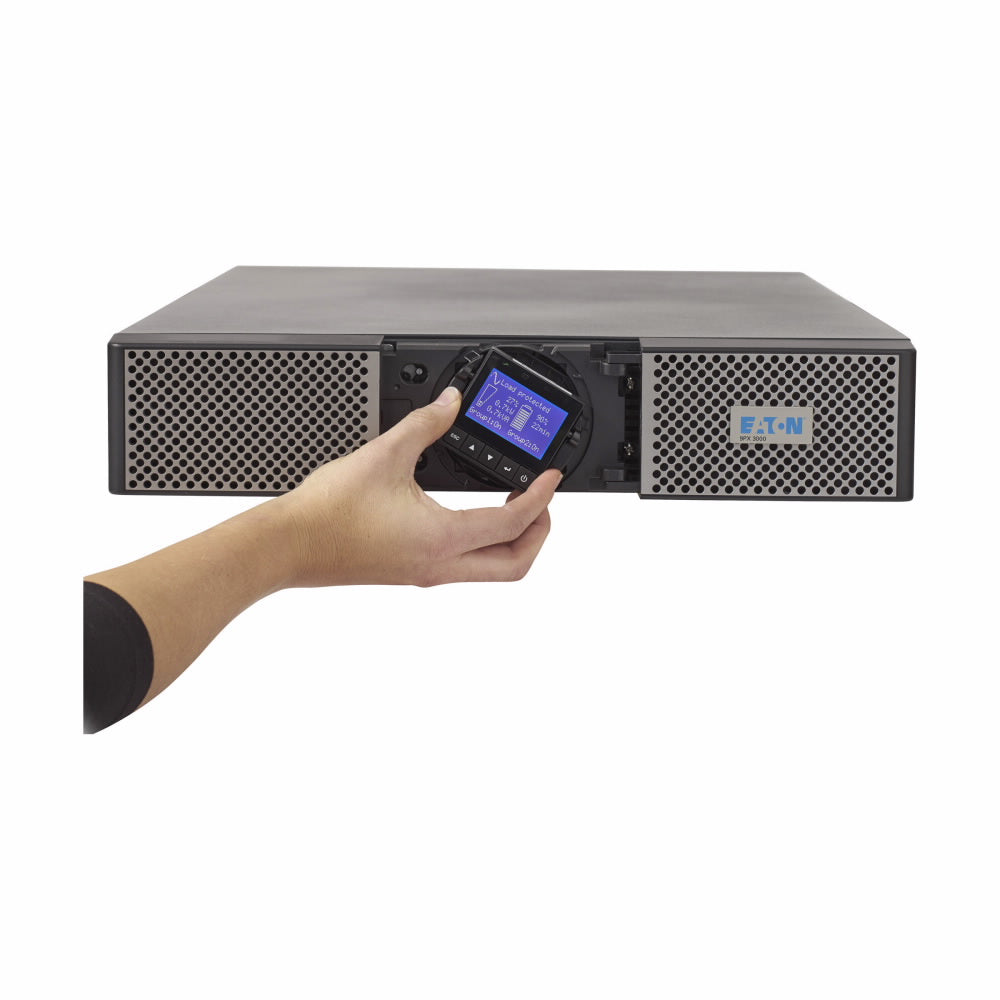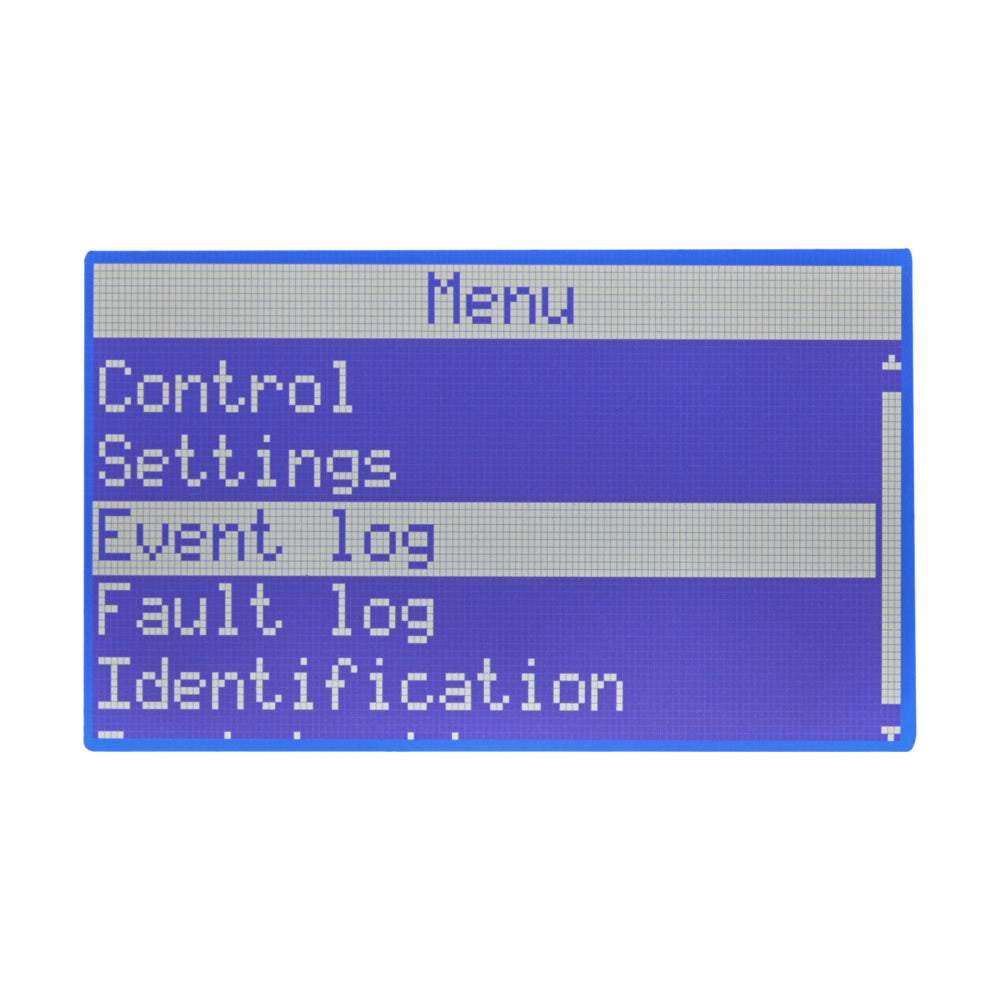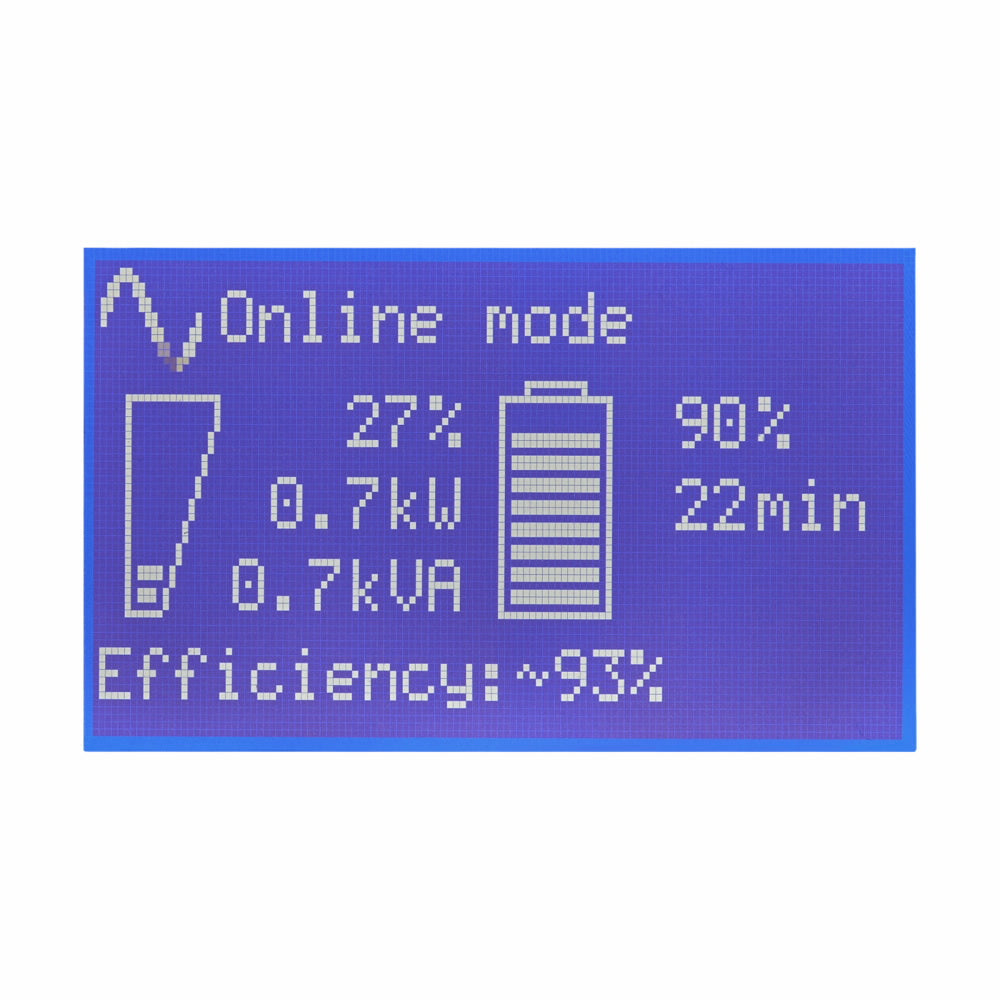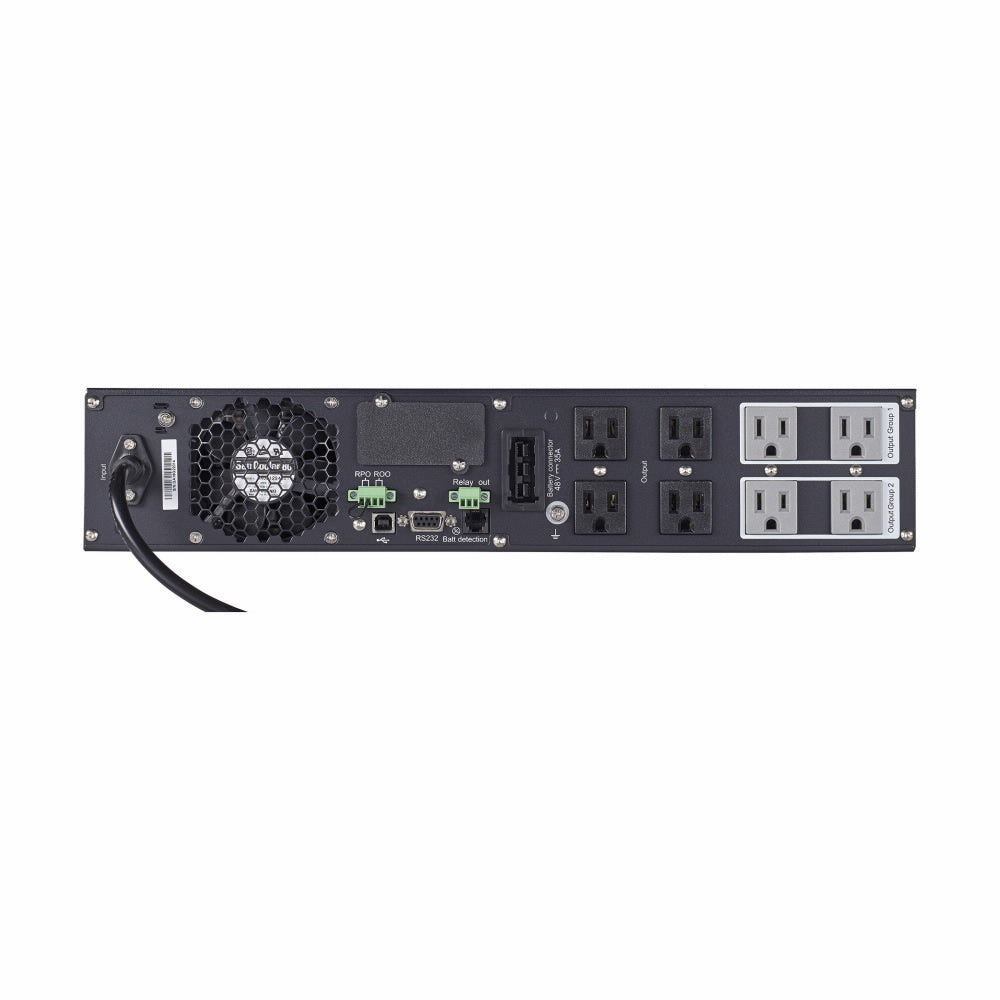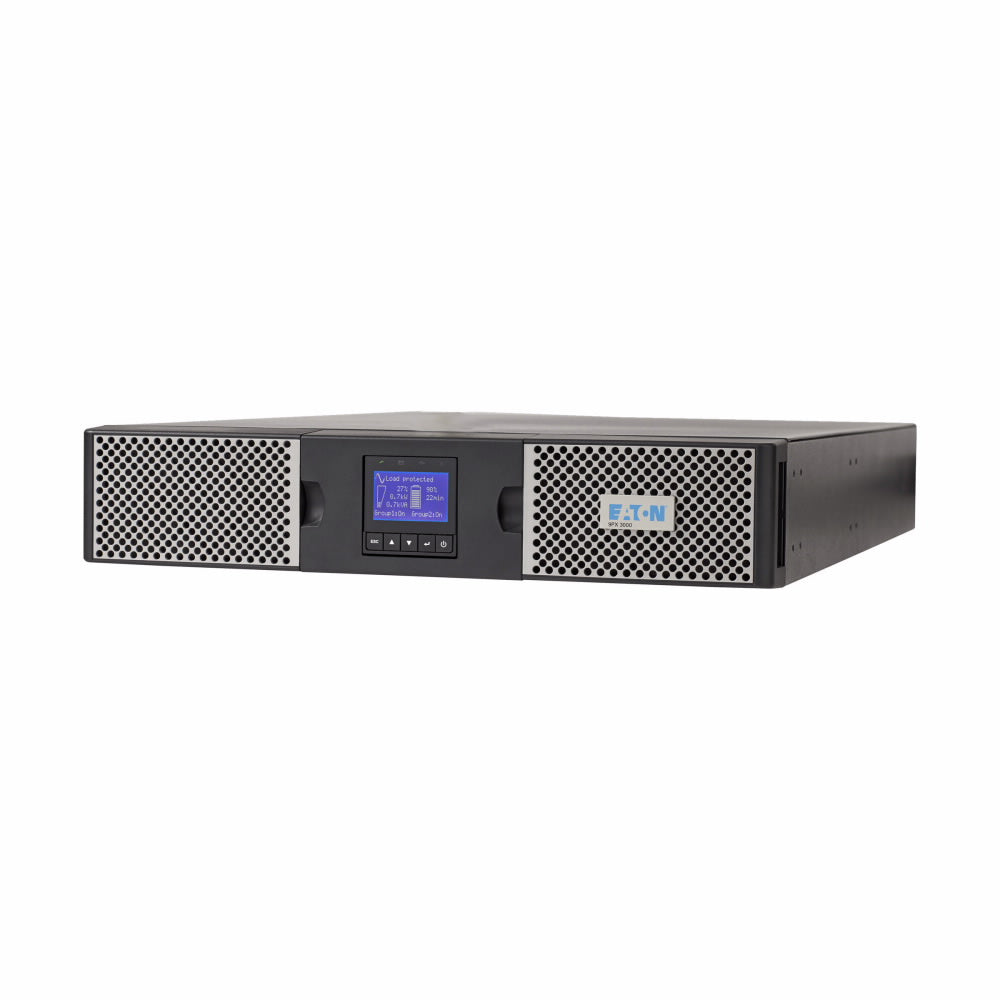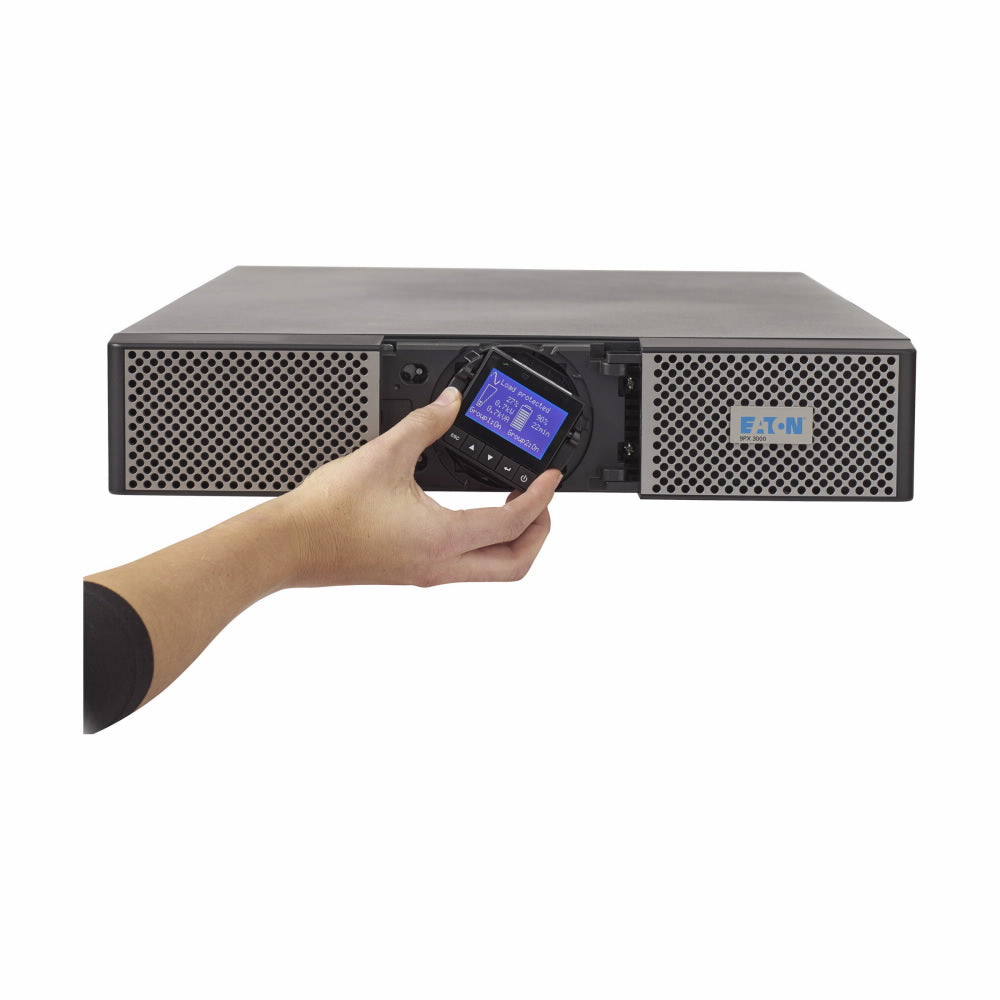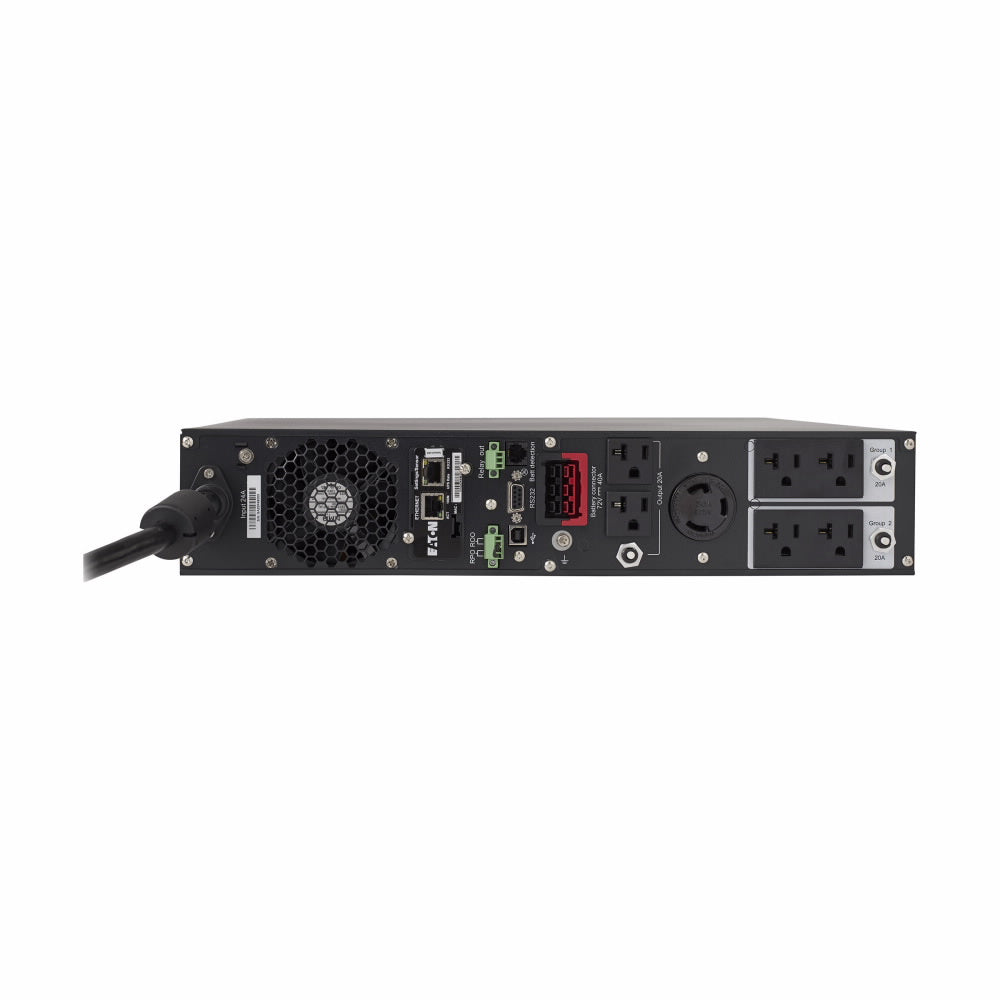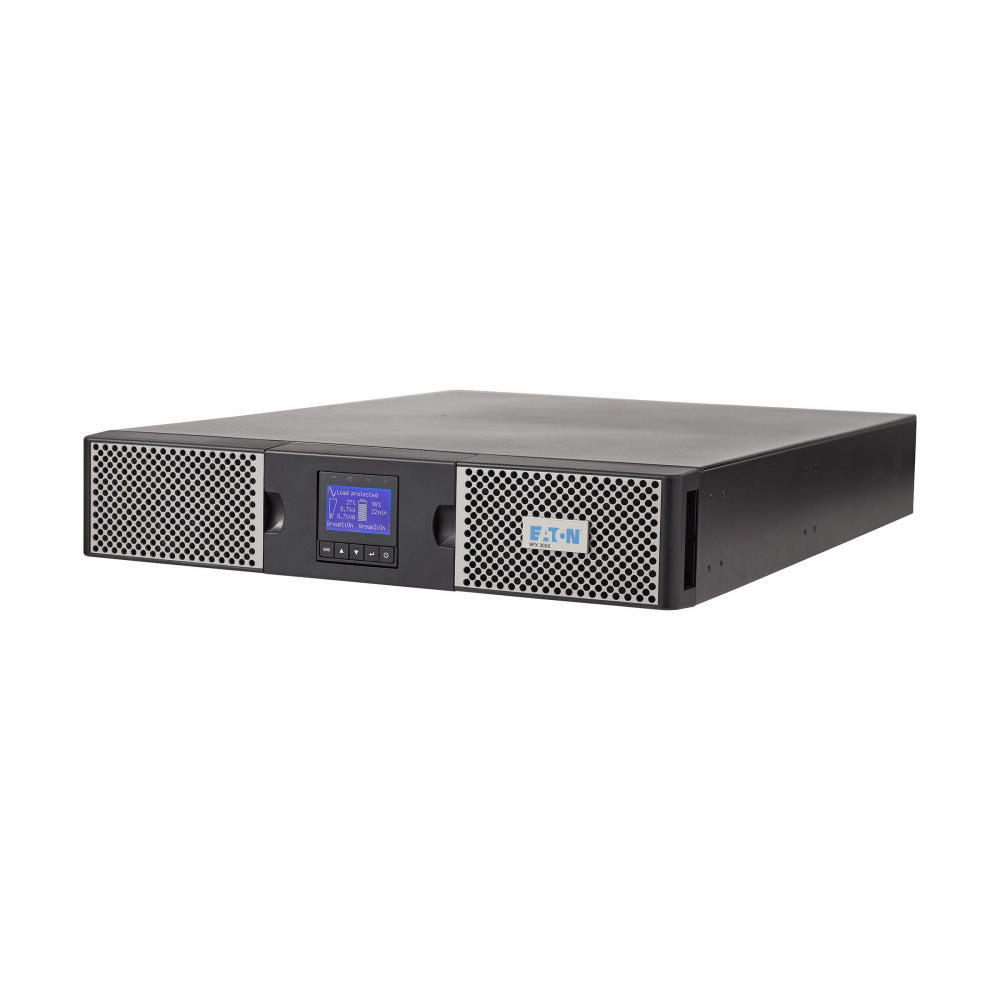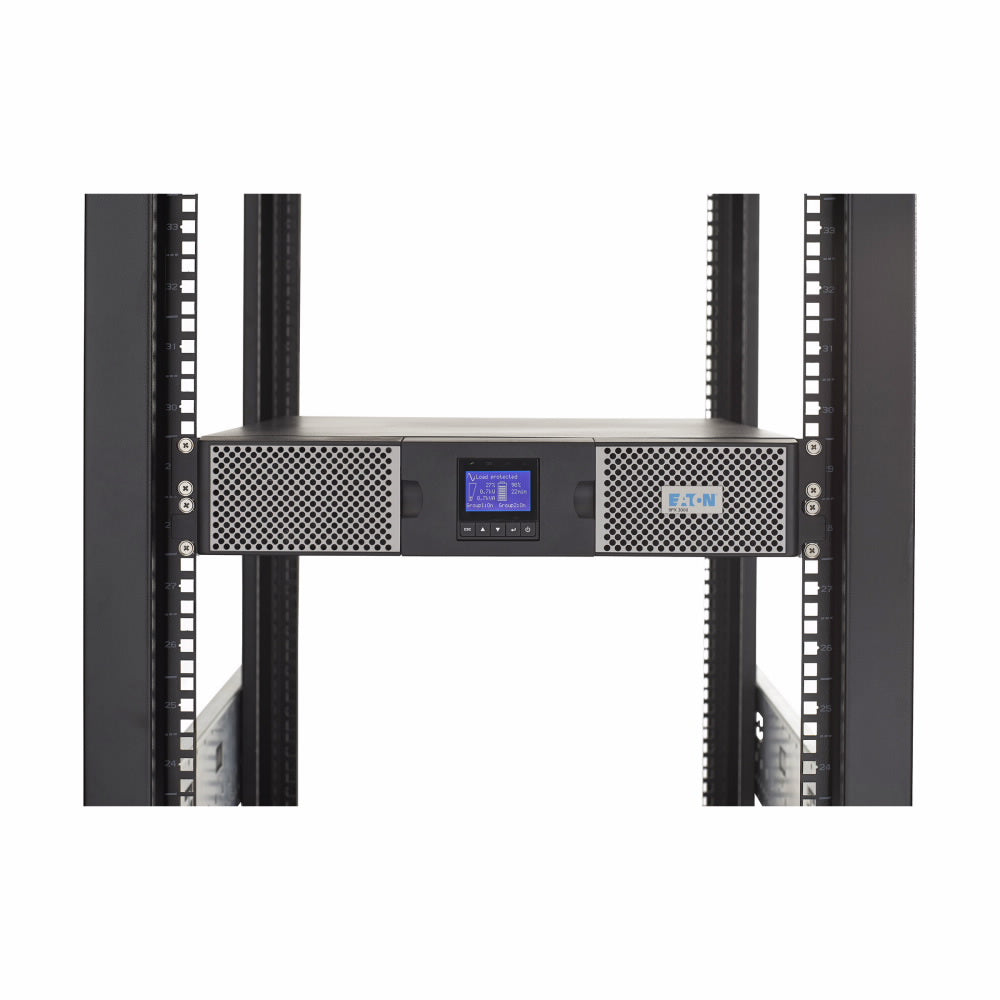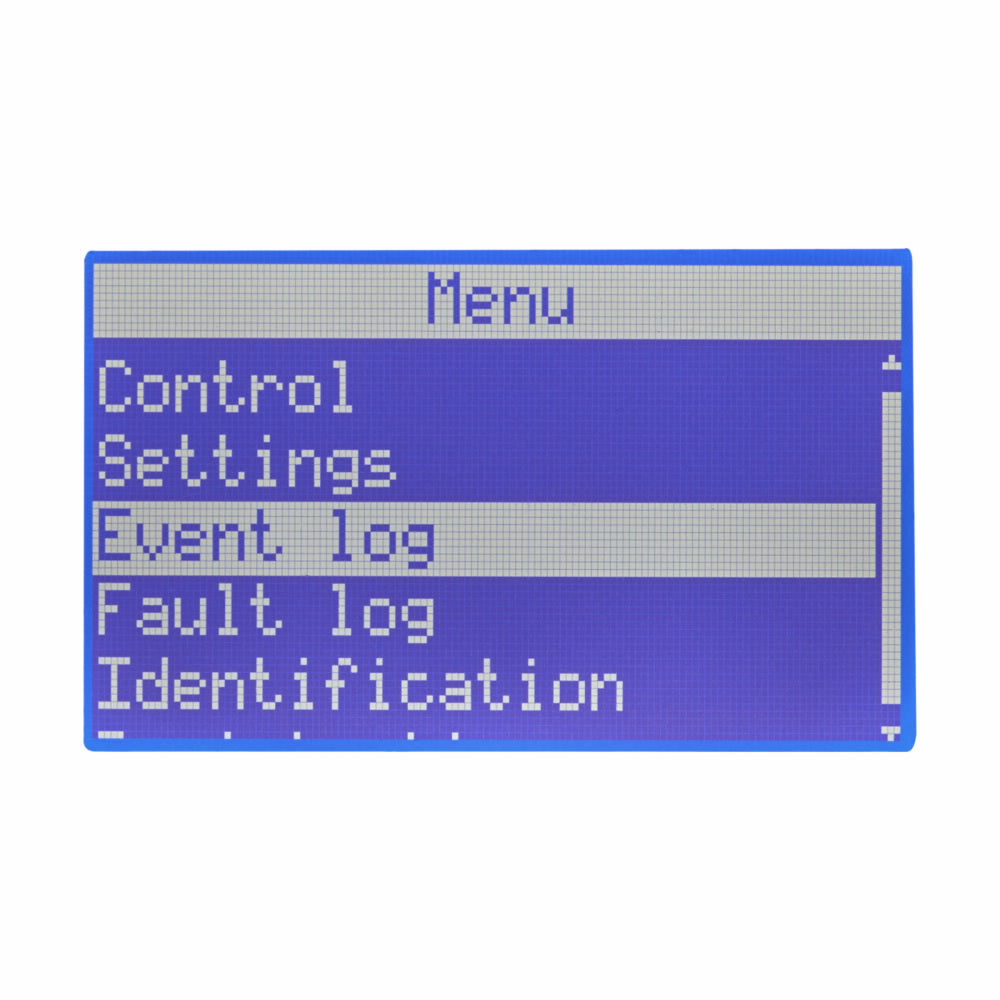Downtime is expensive. Whether you're running a data center, a healthcare facility, or a manufacturing line, power interruptions can disrupt operations and lead to major losses. The good news? A properly sized and selected Uninterruptible Power Supply (UPS) system can safeguard your equipment, data, and productivity. In this guide, we break down exactly what you need to know to choose the right UPS for your business — without the tech jargon.
Understand Your Power Needs
Before you shop, calculate your total load (in watts or VA) and determine how long you need your equipment to run during an outage.
Assess Load Requirements: Total the wattage of all critical equipment you want to protect.
Runtime Needs: Decide if you need a short buffer to shut down safely, or extended runtime for continued operations.
Single-Phase vs. Three-Phase:
Single-Phase UPS: Ideal for offices, retail, or small IT closets where the power demand is lower and equipment typically runs on standard voltages. View Single-Phase UPS Options
Three-Phase UPS: Best for large-scale operations such as data centers, industrial environments, and hospitals that require higher capacity and more efficient power distribution. Explore Our New Three-Phase UPS Systems
Common Applications:
IT & Server Rooms: Need double-conversion UPS with redundancy
Healthcare Facilities: Require seamless, medical-grade backup
Retail & Manufacturing: Often need scalable runtime and environmental hardening
UPS Topologies Made Simple
Not all UPS systems operate the same way. Here are the three main types:
Standby UPS (Offline): Basic protection for home offices or non-critical equipment
Line-Interactive UPS: Ideal for small businesses and network closets with moderate power stability
Online Double Conversion UPS: Best for mission-critical environments; provides the highest level of protection
Pro Tip: Always choose a topology that aligns with your risk tolerance and equipment sensitivity.
Key Features to Look For
Here’s what to consider when comparing UPS systems:
Battery Type:
VRLA (Valve-Regulated Lead-Acid): Cost-effective and widely used
Lithium-Ion: Longer lifespan, less maintenance, higher upfront cost
Form Factor: Rack-mounted vs. tower designs depending on your space
Monitoring & Network Cards: Allows remote monitoring, alerts, and integration with your IT systems
New vs. Preowned UPS: Which is Smarter?
You don’t always need brand-new to get enterprise-level protection. Preowned UPS systems offer:
• Significant cost savings
• Eco Friendly
• Fast lead times
• Explore our in-stock, certified preowned systems ready to ship: Browse UPS Inventory
CPWarehouse Expert Picks
Choosing the right UPS system is not just about specs—it's about ensuring your business stays powered, protected, and prepared. Take the time to assess your needs carefully, and when in doubt, partner with experts who can guide you to the best-fit solution.
Contact us today and let us help you find the right UPS system for your business




